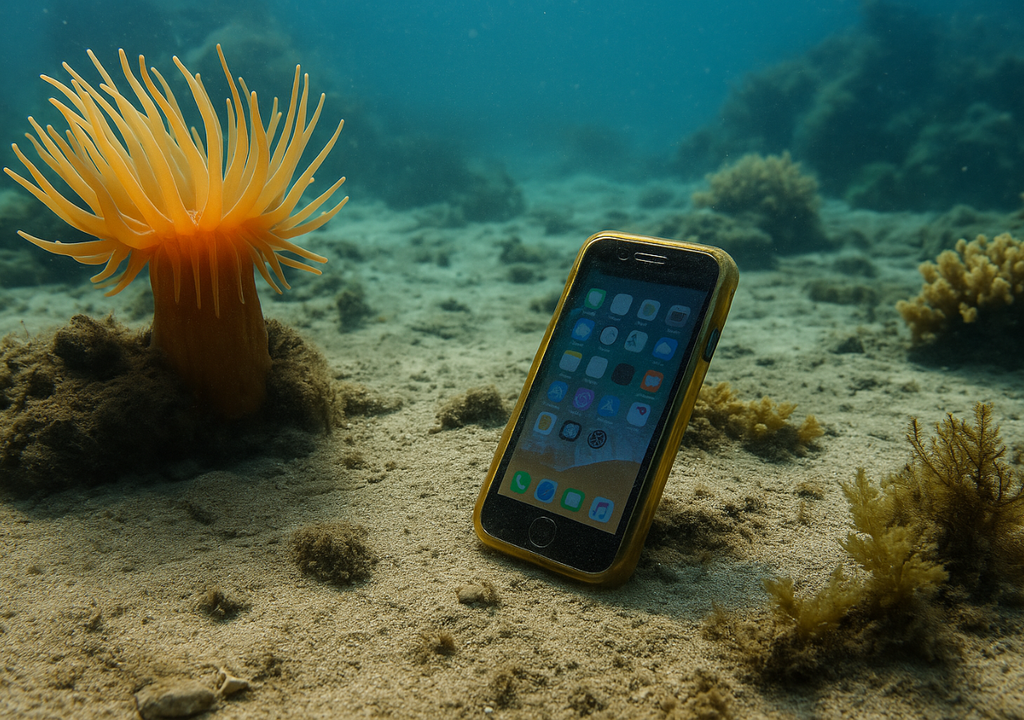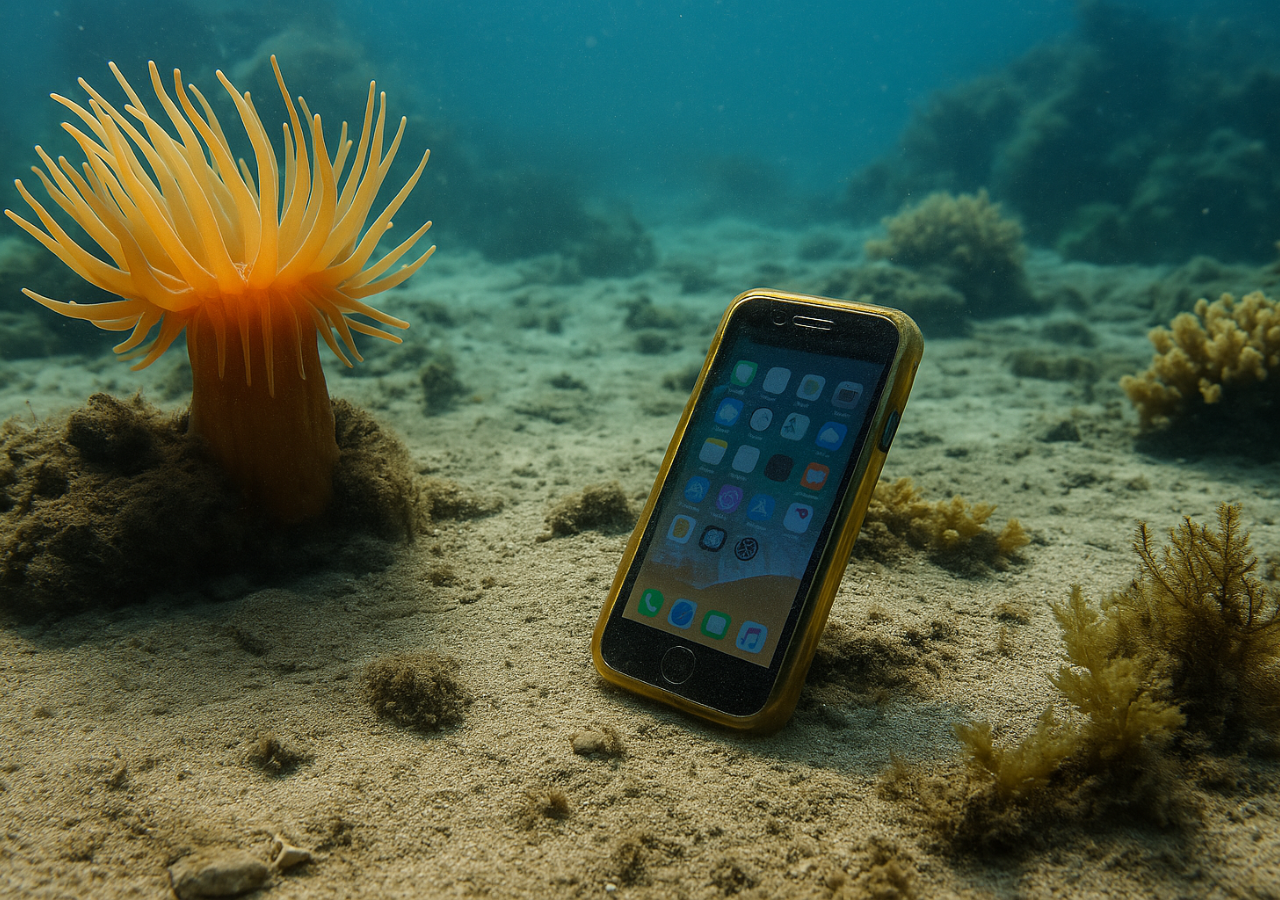 Researchers from Estonia have developed a low-cost method for extending the lifespan of discarded smartphones through sustainable computing
Researchers from Estonia have developed a low-cost method for extending the lifespan of discarded smartphones through sustainable computing ![]() Lee Bell 20/06/2025 15:13 3 min
Lee Bell 20/06/2025 15:13 3 min
Smartphones are churned out by the billion annually, with the average user discarding them for a newer model after just a year or two. However, researchers in Estonia have found a clever way to give such outdated tech a second wind.
A team at Estonia’s University of Tartu’s Institute of Computer Science has managed to repurpose discarded smartphones, turning them into working micro data centres.
From this, they’ve shown how they can still play a part in powering just about everything – from public transport systems to underwater marine monitoring, and all for about €8 (£6.85) per unit.
Not just theoretical
“Innovation often begins not with something new, but with a new way of thinking about the old, re-imagining its role in shaping the future,” said Associate Professor Huber Flores, who led the project.
‘Innovation often begins not with something new, but with a new way of thinking about the old…’ – Prof. Flores.
To get there, the team removed the old phones’ batteries – reducing any risk of leakage – and powered them with the help of external sources. Four handsets were then bundled together into a low-energy, compact prototype housed in 3D-printed frames, effectively creating a data centre small enough to fit on a desk, or even underwater.
 The prototype demonstrated how old devices can support environmental monitoring without the need for new technology
The prototype demonstrated how old devices can support environmental monitoring without the need for new technology
That’s not just theoretical. The prototype has already been tested in real-world trials, including urban and marine environments. In cities, it’s helped count bus passengers, and at sea, it’s supported automatic monitoring of marine life – tasks that would normally require a scuba diver and some manual data wrangling.
Old phones, new jobs?
The research team argues that reusing smartphones like this offers an easy win for digital sustainability. With over 1.2 billion phones made globally every year, and most ending up in landfills or forgotten drawers, it’s a problem looking for a fix.
“Sustainability is not just about preserving the future, it’s about reimagining the present, where yesterday’s devices become tomorrow’s opportunities,” said Ulrich Norbisrath, Associate Professor of Software Engineering.
Norbisrath added that the ideal solution would be a shift in consumer behaviour, hopefully seeing them buying fewer, but better devices.
Reference of the news:
Supporting Sustainable Computing by Repurposing E-Waste Smartphones as Tiny Data Centers, published in IEEE Pervasive Computing, 2025.

